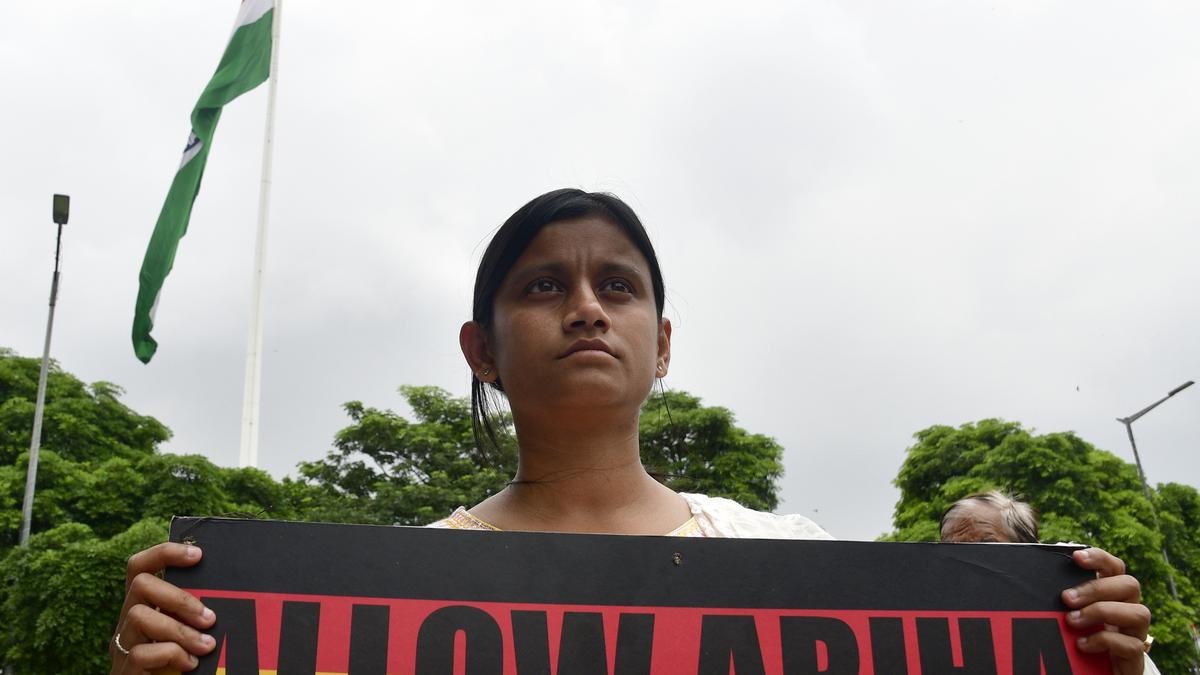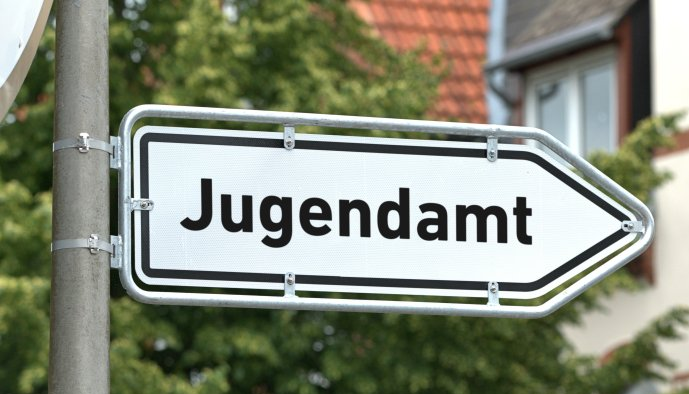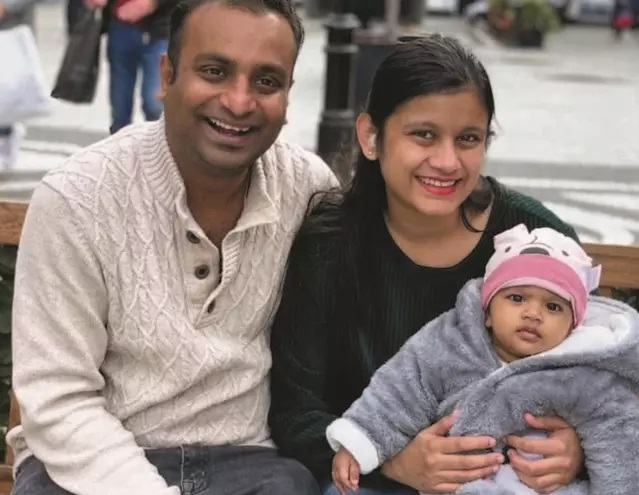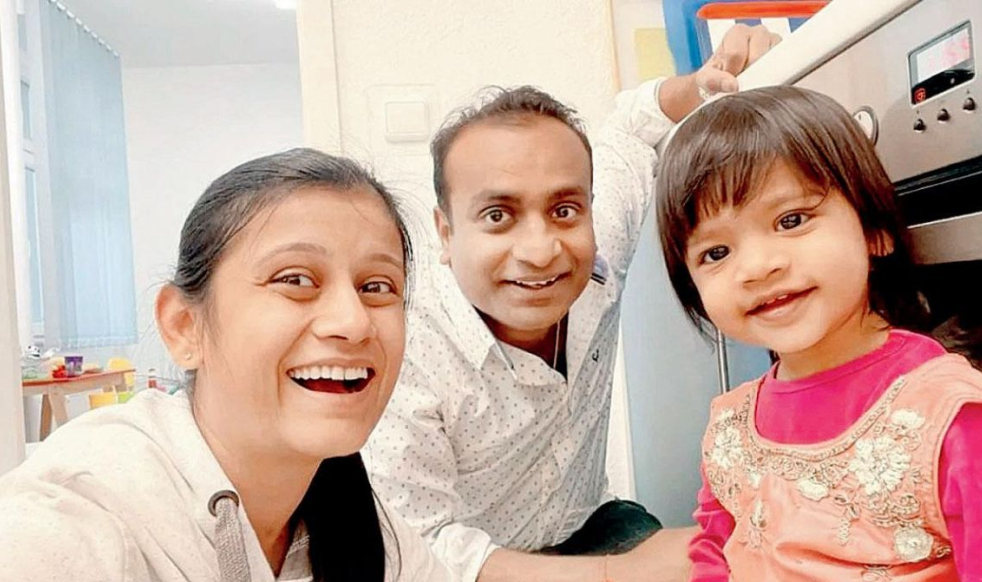The Indian Ministry of External Affairs (MEA) is ramping up efforts to secure the repatriation of three-and-a-half-year-old Ariha Shah, who has been in foster care in Germany for the past 36 months. Ariha, a resident of Mira Bhayander in Thane district, was removed from her parents' custody in September 2021 following allegations of minor physical abuse. The case has since evolved into a complex diplomatic and legal matter involving both Indian and German authorities.
Current Status and Diplomatic Efforts
Shiv Sena MP Naresh Mhaske has been a vocal advocate for Ariha's return. In recent updates, Mhaske reported that the Indian government, led by External Affairs Minister S. Jaishankar, is working diligently to expedite the legal processes necessary to facilitate Ariha's return to her family. The MEA has been actively engaged in discussions with German authorities to address the situation and ensure the child's swift return to India.

As of the latest developments, the Shahs have been granted visitation rights allowing them to see their daughter twice a month. This represents a significant improvement, as it follows intense parliamentary lobbying and sustained advocacy by the MEA.
In a detailed letter dated August 16, Minister Jaishankar outlined the government's ongoing efforts to address the cultural aspects of Ariha's care. The letter emphasized that Indian embassy officials in Berlin are working to introduce Ariha to elements of her cultural heritage, including Jainism, Indian festivals, and traditional practices. This initiative aims to help Ariha retain a connection to her Indian roots while she remains in Germany.

Jaishankar's letter also highlighted the importance of maintaining Ariha's socio-cultural environment. The minister has personally communicated with his German counterparts, stressing that Ariha's long-term welfare is best served by her reintroduction to her native cultural milieu.
Concerns and Appeals
Despite these efforts, challenges persist. Dhara Shah, Ariha’s mother, has expressed deep concerns about the progress of these initiatives. She recently appealed to Prime Minister Narendra Modi to intervene directly, highlighting that Ariha, who has been immersed in German culture, now struggles to understand her native language. Dhara Shah's plea was underscored by her observation that Ariha no longer refers to her as "Mama," instead calling her German guardian "Mother."
Dhara Shah also criticized the German Youth Welfare Authorities (Jugendamt) for not facilitating Ariha's exposure to Indian cultural practices. For instance, a request from the Indian community in Berlin to allow Ariha to attend the Indian Embassy’s Republic Day function was reportedly turned down.
German Response and Diplomatic Dialogue
The German Deputy Head of Mission, Georg Enzweiler, has acknowledged the ongoing dialogue between German and Indian officials. Enzweiler assured that Germany is working closely with India to find a resolution that is acceptable to all parties involved. He reiterated Germany's commitment to addressing the concerns raised by the Indian government regarding Ariha's cultural and national identity.
The German authorities have been cooperative in granting Indian diplomats consular access to Ariha and have allowed Indian officials to visit the child periodically. Additionally, the Indian embassy has provided resources on Indian festivals and customs to help Ariha maintain a connection with her faith and culture.
Legal and Cultural Challenges
Ariha’s case began when she was accidentally injured by her grandmother in September 2021. Following the incident, German authorities intervened, citing concerns over potential abuse. The Shahs have consistently denied these allegations, arguing that the injuries were accidental. The ongoing legal battles in Germany have seen Ariha’s custody awarded to the Jugendamt, with the Shahs now appealing the decision.

The Jugendamt, or Youth Office, is a local agency in Germany and Austria dedicated to child welfare. Each district or independent city has its own Jugendamt, operating independently without central coordination or federal oversight. Established during the Weimar Republic by the Reich Youth Welfare Act of 1922, the Jugendämter have functioned autonomously since their inception in 1924, focusing on promoting the welfare of children within their respective jurisdictions.
The MEA's efforts have included proposals to teach Ariha Indian languages and integrate her with Indian cultural practices. While some progress has been made, such as arranging for Ariha to be introduced to Indian temples and exploring language education, challenges remain in fully addressing her cultural and emotional needs.
Future Prospects
As Ariha’s case continues to unfold, the Indian government remains committed to resolving the situation. The MEA and the Indian embassy in Berlin are working tirelessly to ensure that Ariha’s cultural and national identity is preserved. Meanwhile, diplomatic discussions between India and Germany are ongoing, with both sides seeking a resolution that supports Ariha’s well-being and respects her cultural heritage.

The Indian government, through Minister Jaishankar and other officials, has emphasized the importance of reuniting Ariha with her family and ensuring that her upbringing reflects her cultural background. As the diplomatic and legal processes continue, both Indian and German authorities are focused on finding a solution that balances legal considerations with the child's best interests.
The case of Ariha Shah represents a poignant intersection of international diplomacy, legal challenges, and cultural preservation. As the Indian government and German authorities work towards a resolution, the ongoing efforts reflect a deep commitment to safeguarding the welfare and cultural identity of a young child caught in a complex cross-border dispute.

 5,188 Views
5,188 Views 0 comments
0 comments
Comments